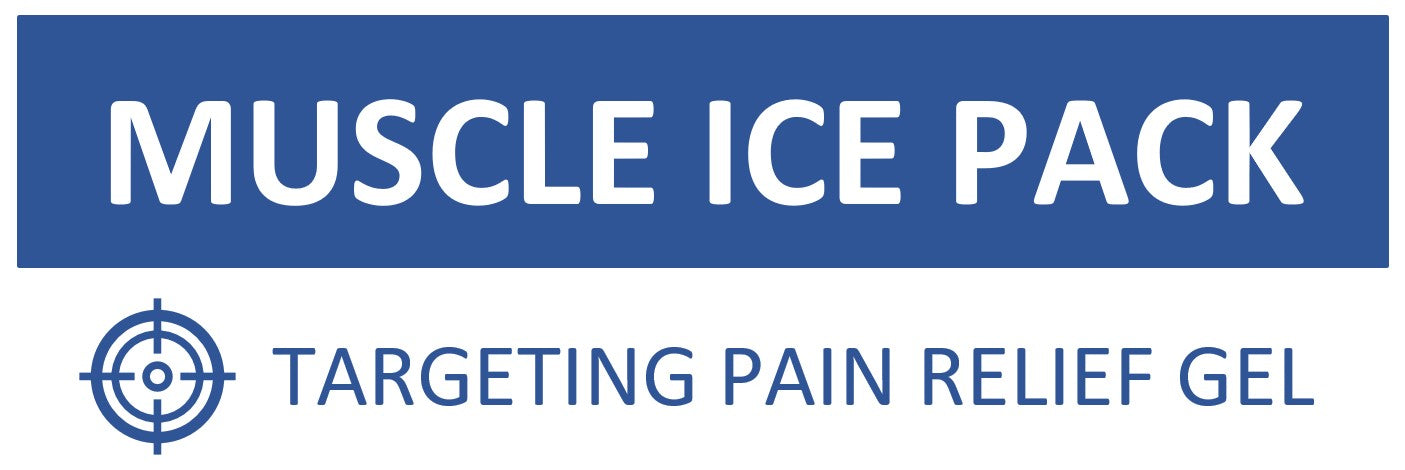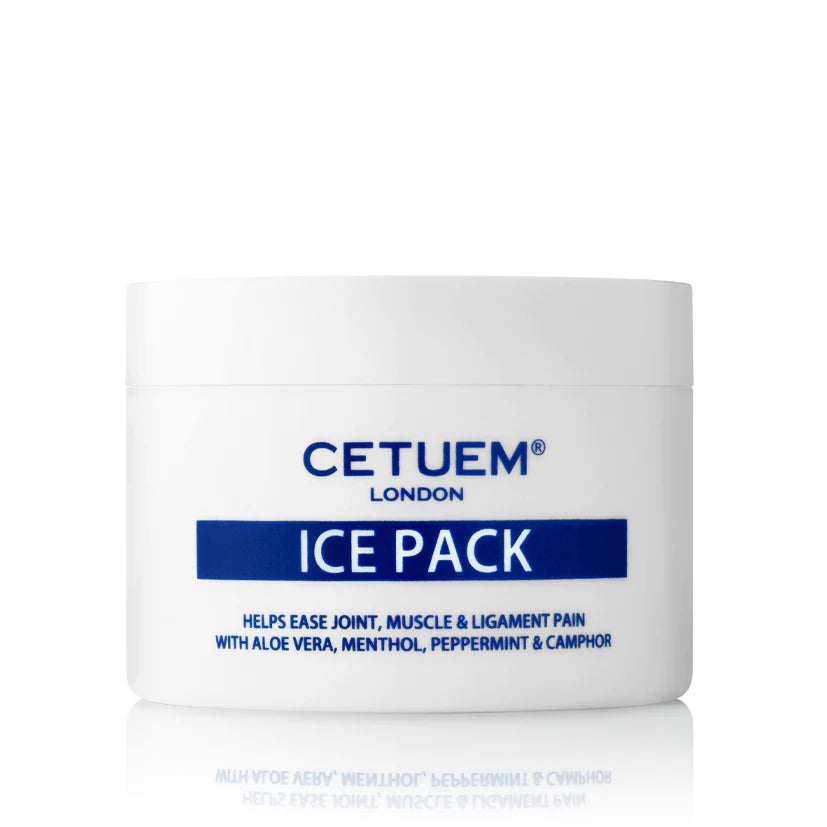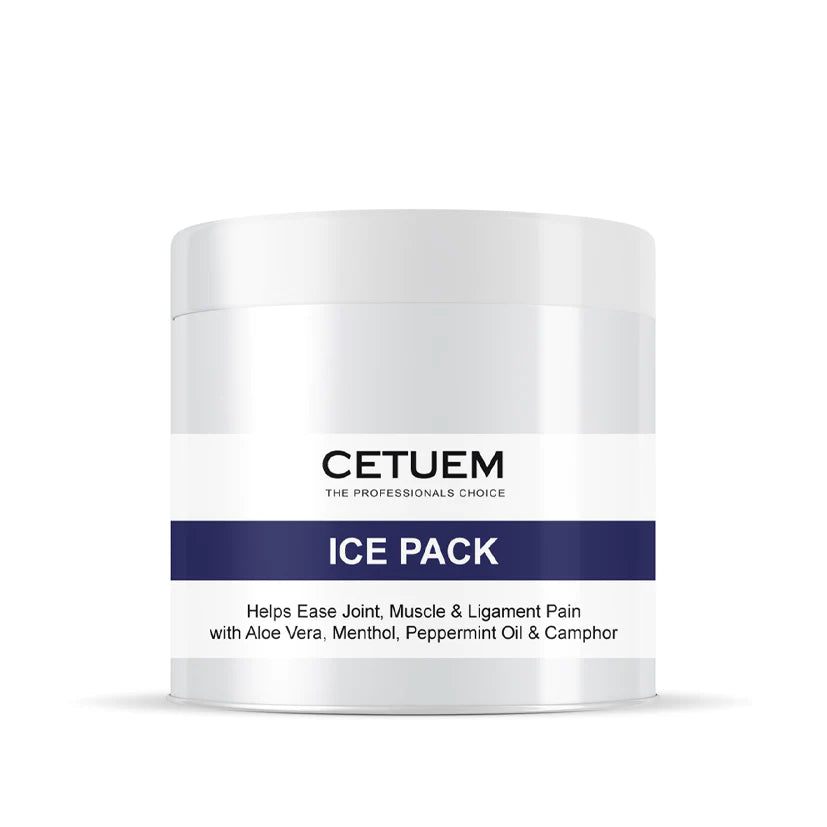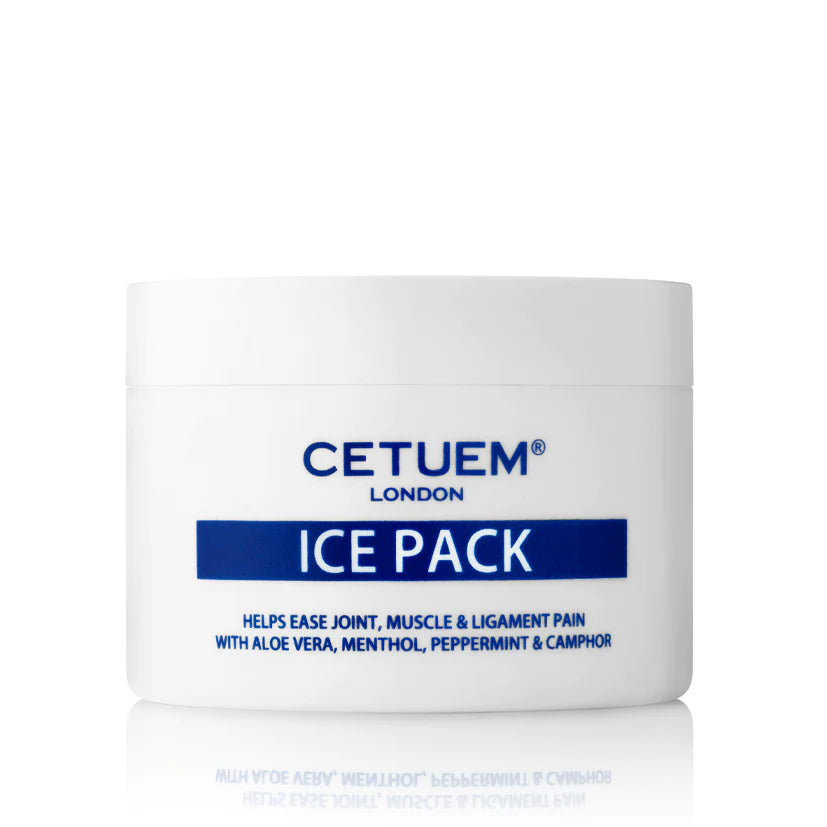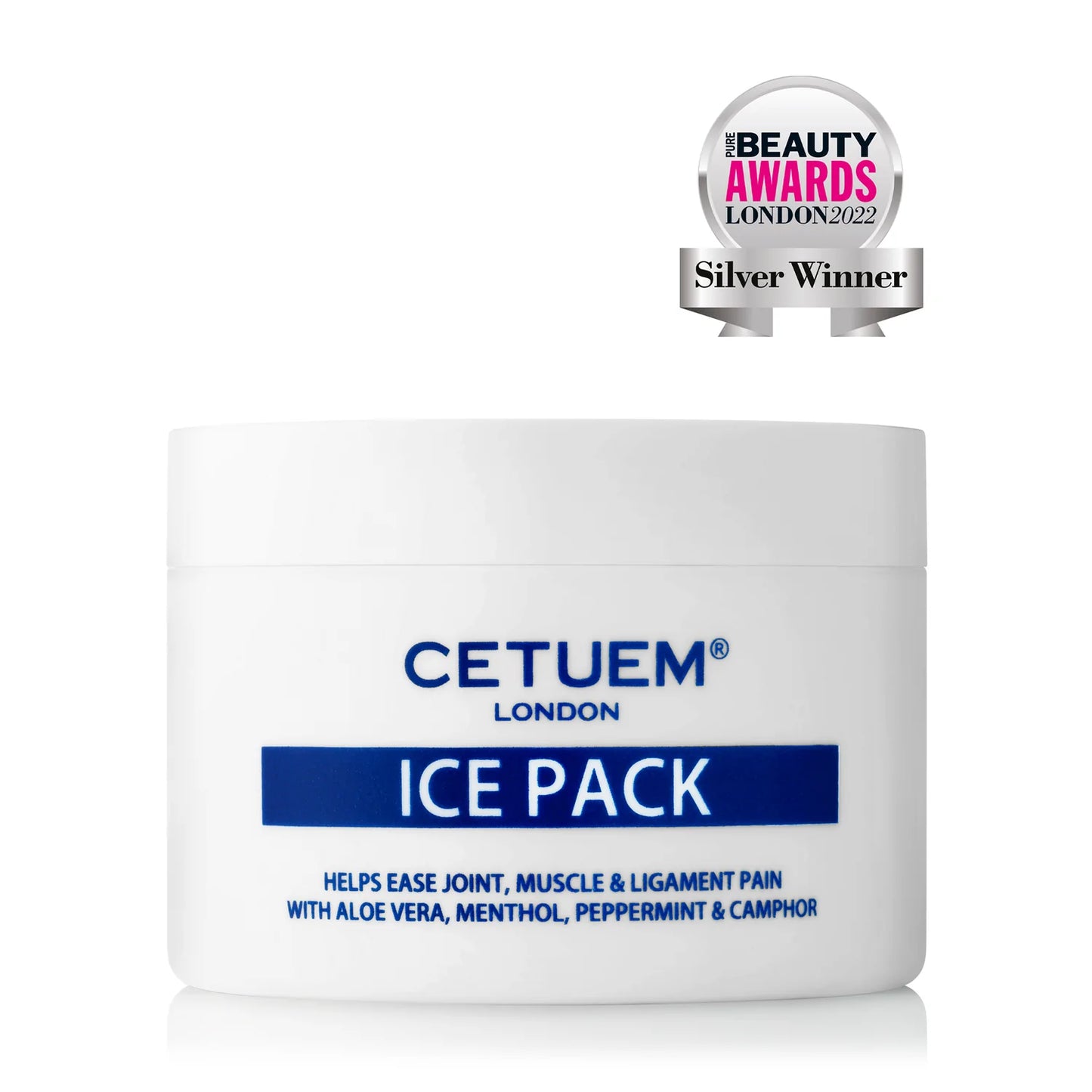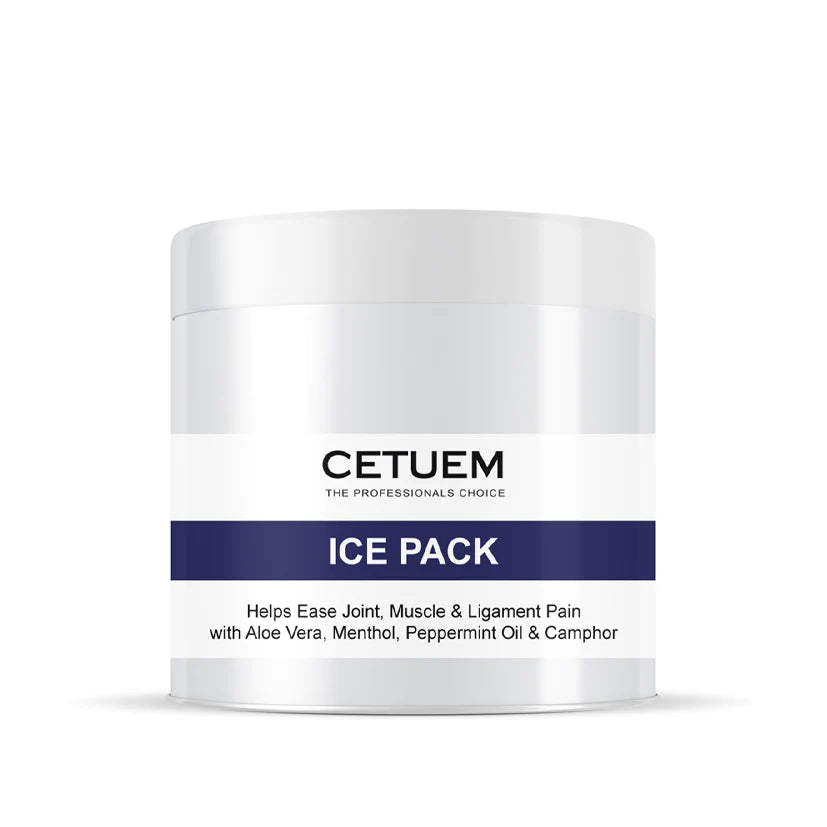Menthol is a natural compound commonly found in plants such as mint and eucalyptus. It is well-known for its cooling and soothing properties and has been used for centuries to relieve pain and inflammation. Recently, menthol has gained attention in the sports and fitness industry due to its potential benefits in muscle recovery. In this article, we will explore the scientific research on the benefits of menthol in muscle recovery gels.
Muscle soreness and inflammation are common after intense exercise, and these symptoms can impede recovery and affect athletic performance. Menthol has been shown to have analgesic and anti-inflammatory properties, which can help to reduce muscle soreness and inflammation.
A study published in the Journal of Strength and Conditioning Research in 2013 investigated the effects of menthol on muscle recovery after exercise. The study involved 16 healthy men who performed a series of eccentric exercises to induce muscle damage. Half of the participants received a menthol-based gel, while the other half received a placebo gel. The researchers measured muscle soreness, muscle function, and inflammation markers before and after the exercises.
The results showed that the group that received the menthol gel had significantly less muscle soreness and improved muscle function compared to the placebo group. In addition, the menthol gel reduced the levels of inflammatory markers in the blood, indicating a decrease in inflammation.
Another study published in the International Journal of Sports Medicine in 2019 investigated the effects of a menthol-based gel on muscle recovery after intense exercise. The study involved 24 healthy men who performed a high-intensity exercise protocol. Half of the participants received a menthol-based gel, while the other half received a placebo gel. The researchers measured muscle soreness, muscle function, and inflammation markers before and after the exercises.
The results showed that the group that received the menthol gel had significantly less muscle soreness and improved muscle function compared to the placebo group. The menthol gel also reduced the levels of inflammatory markers in the blood, indicating a decrease in inflammation.
Overall, these studies suggest that menthol-based gels can be effective in reducing muscle soreness, improving muscle function, and reducing inflammation after intense exercise. However, it is important to note that the studies involved a small number of participants and further research is needed to confirm these findings and to determine the optimal dosage and application of menthol-based gels for muscle recovery.
The use of menthol-based gels for muscle recovery is supported by scientific research. Menthol has analgesic and anti-inflammatory properties that can help to reduce muscle soreness and inflammation after exercise. If you are an athlete or engage in regular physical activity, incorporating menthol-based gels into your post-workout routine may help to improve your recovery and enhance your athletic performance.
www.muscleicepack.com
